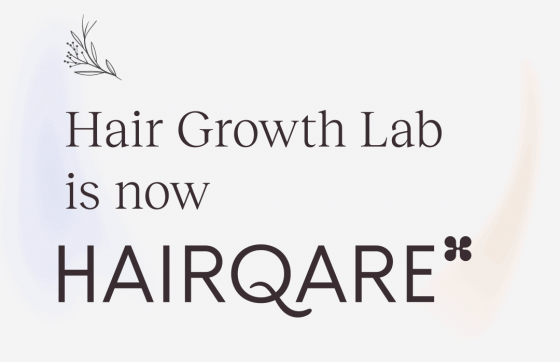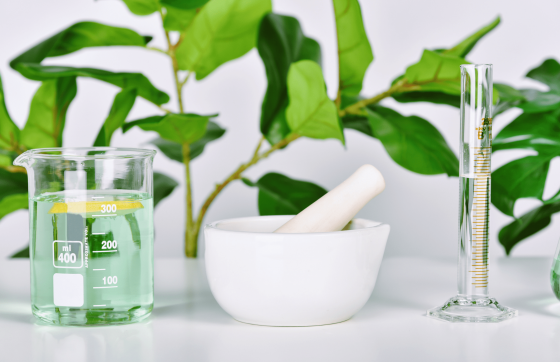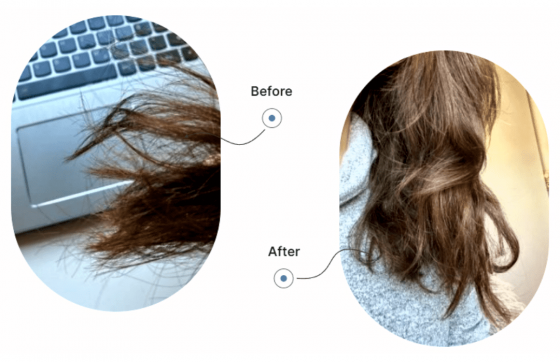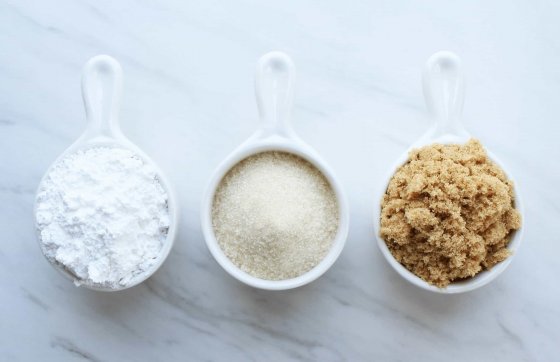
The Truth about Organic and Natural Hair Care

Table of contents
There has been a massive shift in the way consumers make purchasing decisions when it comes to beauty. Many brands have to prioritize going vegan and cruelty-free because more and more customers just won’t spend their money on products realized through the suffering of animals.
But there are many misconceptions and regulation-related hoops that companies jump through to trick consumers into buying their products, even if they are not what is written on the label.
Let’s have a look at some of these major marketing strategies and try to answer the question: is organic and natural hair care better than store-bought products?
What’s Natural?
One of the terms people and companies seem to throw around very quickly is the word “natural”. It can be applied to anything. Why? Because it is not a regulated term! So just because something is labeled as “natural”, it doesn’t mean that it is actually… well, anything.

What do we consider natural? What can go under such a vague term? Many things are natural, such as cyanide and earthquakes, but they are definitely not good for us! So, keep in mind, just because a product is labeled with the word “natural”, it doesn’t mean that it’s plant-based or healthy, or chemical-free!
It just green-washes products that are not abiding by any specific law and makes customers believe that they are making better choices.
Green-washing is a common practice used by many companies who would like to use customers’ bias toward healthier and environmentally friendly products to sell them higher-priced items in a green-tinted jar or tub, even if it contains much of the same things they have in their other, non-“natural” products.
Is “Natural” Better?
In many cases, especially in the case of products such as shampoos and conditioners, which you don’t eat, the term natural is used to say that the product is made of natural ingredients.

So, you will be able to find oils, essential oils, aloe, etc. in your shampoo, instead of mumbo-jumbo words such as sodium cocoyl isethionate, sodium lauroamphocetate or sodium cocoyl glycinate.
Sure, these big words look pretty scary, especially if you’re not a chemistry expert, but keep in mind that many of the chemicals you can see on the backs of shampoo and conditioner bottles are largely earned from natural sources, they are just derived from something.
Since we as a people are evolving rapidly, we are able to synthetically reproduce some of the things we can derive from foods and plants. These are usually given very scientific-sounding names, but that doesn’t mean that they are here to get you!
For example, sodium hydrogen carbonite is very scary looking, but it’s actually just baking powder! Here we believe in science and scientific progress, so instead of freaking out over some long words you don’t know, we suggest you put some research into it and decide for yourself whether this product warrants any fear or even a second thought.

There certainly are chemicals out there that are not beneficial for your hair, but the word “chemicals” is not your enemy! We are all just chemicals if we look close enough. Of course, this argument doesn’t exclude the question of whether natural products are better than non-natural ones.
While everyone is different and we can all have different reactions to different products, here are some facts: many so-called natural products have added oils, essential oils for scent, honey, corn starch, and various other stuff, which are not as effective at cleaning and conditioning your hair as a simple shampoo would be.
The words we mentioned above (sodium cocoyl isethionate, etc.) are cleaning agents whose sole purpose is to remove grime and environmental dirt from your hair!
Compared to this, many of these natural ingredients such as oils and corn starch leave a residue in your hair, which will then become the perfect environment for other environmental dirt to stick to. So, natural shampoo is just not as good at cleaning your hair as a non-natural one!

How About Organic Products?
“Organic” is an actually regulated term, which is a good start! If you’re buying something with the label “organic” on it, it means that the product is free from artificial fertilizers, pesticides, and GMOs.
But, keep in mind that a product can have “contains organic ingredients” on the label as well, maybe because they used one or two ingredients like that, but not everything in that bottle is pesticide or GMO-free.
Although this term is more regulated, there is no way of calling any product 100% organic because water is impossible to classify as organic due to the cleaning process it goes through.
There are many other debatable ingredients like this, so it’s basically the customer’s decision whether they believe this label is something worth investing money in.

Much of the same is true about organic hair care products or organic DIY hair masks and shampoos: baking soda and apple cider vinegar are not real substitutes for products that contain agents that do one specific thing for your hair.
While apple cider vinegar might have a good effect on your hair, there is no denying that a regular hair product has the same or better effect on your locks!
Organic shampoos don’t contain foaming agents so you might end up using much more product than you need to cover your entire head of hair. This could be a problem too if you have long locks! Prices of organic products are usually much higher.
The organic or non-organic question is simple to answer: if you find it important to live a chemical-free lifestyle, then sure, go for it.
However, keep in mind that many of these products are just not as effective as the ones that professionals formulated in a lab specifically to clean, moisturize and strengthen your hair!

These products might leave residues in your hair, they probably do not have such a good effect on your hair as regular products do, and “natural” is an unregulated term used to green-wash products and companies.
So, before you spend a lot of your hard-earned money on these products, make sure you read up on the products and their reviews to see if they would be a good fit for you! This is something we teach our students in our 14 Day Haircare Challenge.







